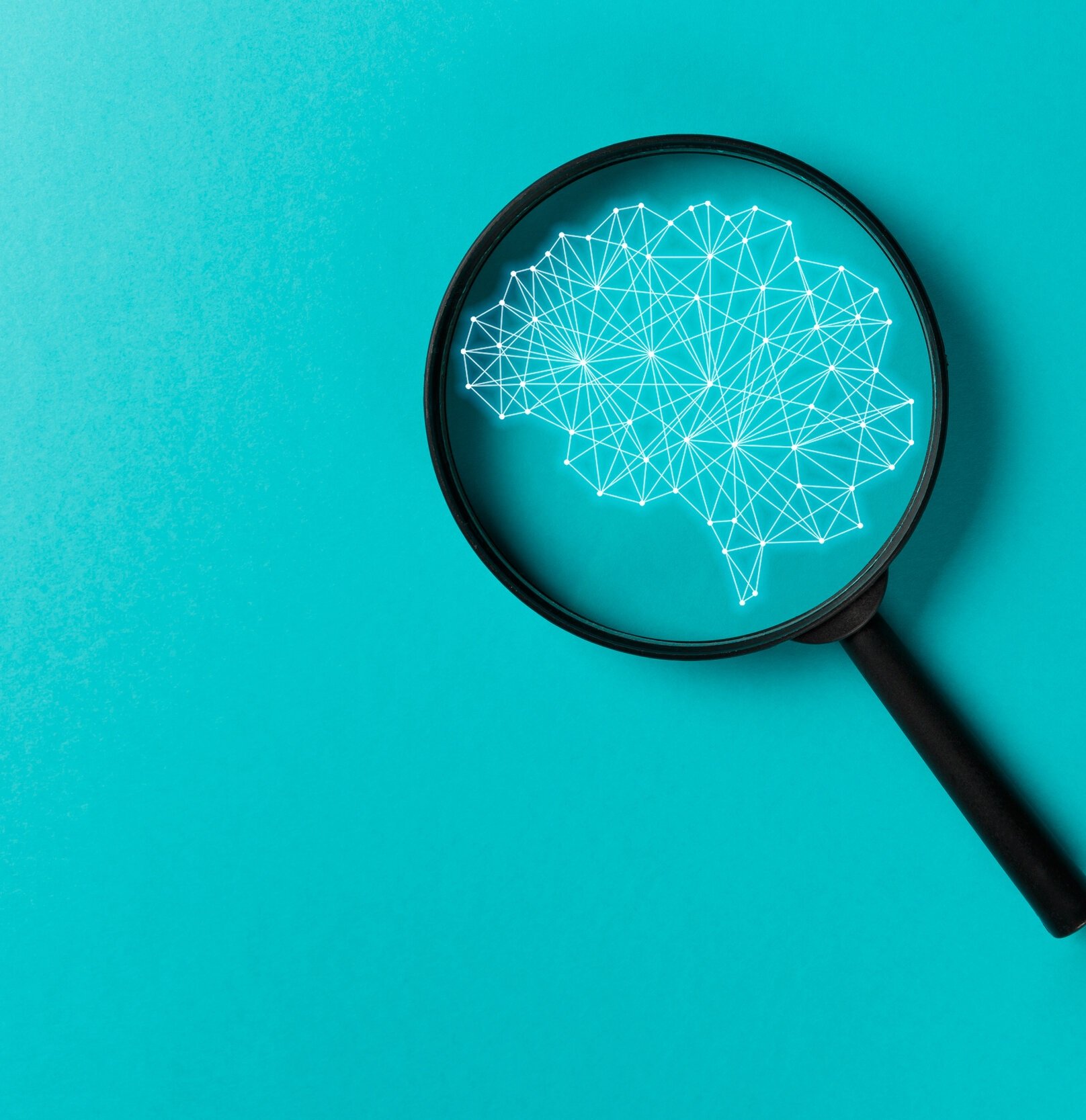
Articles
Learn the latest in brain science and education
Authentic Intelligence vs. Artificial Intelligence
Are we investing as much in authentic intelligence as we are artificial intelligence? What I mean by this is, have we explored the depths of human intelligence that we want kids to master in their own minds, before jumping on the bandwagon of how artificial intelligence can make our lives easier?
The Devil is in the… Emails
Productivity is top of mind these days. We’re all looking for ways to be more effective with our time, yet also prioritize self-care. We’re asked to yield better and faster results, while not burning ourselves out. Is this balance even possible? Brain science may provide a window into some potential solutions.
A Research-Based Approach to C.A.R.E. for Students
As K-12 school systems become more complex, it is becoming more challenging to meet individual needs of students. Perhaps a framework for using data to C.A.R.E. for students is a way to break through the complexity and help our students thrive in school and at home.
Reframing Failure
Education has a confusing relationship with failure. What research-based strategies can we use as leaders to encourage our staff (and ourselves) to take risks and build efficacy?
What Can a GPS Teach Us about Learning & Leadership?
Have you ever had the experience where you use GPS to drive to a new destination, and once you arrive, you have no memory of how you got there? There are valuable lessons in this analogy that we can learn as teachers, leaders, and even in our personal lives.
Looking Beyond Academics
While there has always been a need for SEL in the classroom, it became much more obvious during these last few years. We are seeing first-hand in this “post-Covid” world that students’ well-being must come first. If students don’t feel safe to be themselves or to take risks in learning, their academic growth isn’t possible.
From Student to Leader: The Influence of Brain Science
Understanding how we learn and process information is essential to furthering our personal and professional success. Once I learned how I process information, my academic and personal journey’s made sense. I share how brain science has had a significant impact on my personal and professional journey, and strategies that can help educators align this research with practice in a variety of settings.
Brain Science: A Missing Link in Education
How many of us have gone through years of training to become a teacher or school leader, without every learning about how our brains actually learn? Learn some key ways we can begin to bridge this gap between science of learning and practice of education.
Less is More
It’s easy to think that the more we take on in our professional or personal lives, the more successful or fulfilled we will feel. One of the biggest misperceptions that people have about our brains is that we can “multitask” (doing multiple tasks that take focus simultaneously), and that “multitasking” leads to higher productivity.
How Brain Science Transformed the Way I Teach
Like many teachers, when I entered the profession I thought I knew what it took to be a teacher. The piece that was glaringly absent from my teacher preparation program was how to use modern understandings of brain science to inform the decisions I make in my classroom.
Who has the control?
In schools and classrooms, who has control over what, and why? Learn about the science behind agency, and why it’s essential in building strong SEL skills and well-being for students.
But First… Trust
We all want students to succeed academically. Does that mean we should spend all of our classroom time on content mastery? Brain science shows us the importance of establishing a foundation of safety and trust in order for our brains to learn, which shows the importance of prioritizing social-emotional and academic learning together. Find out specific strategies for building trust with staff, students, and families from guest author and SEL specialist Michelle Gill.
The “Musts” vs. the “Shoulds”
As the pandemic subsides and we get closer to “the old normal”, how will the K-12 education system and its priorities change? Hear the perspective of a teacher who has had to constantly adapt to changing needs of her students, school, and community to prioritize kids above all else.
Neuromyths: How Do They Affect Education?
Beliefs about the brain are pervasive across the world, but how many of them are actually supported by scientific fact? Which of these ideas do educators believe, and how might that impact student learning? The truth may surprise you.

“I am literally in tears thinking about how much this could help to improve my work culture and environment.”
— Elementary Teacher, Aspen School District

Expand your knowledge with our most recommended books.
















